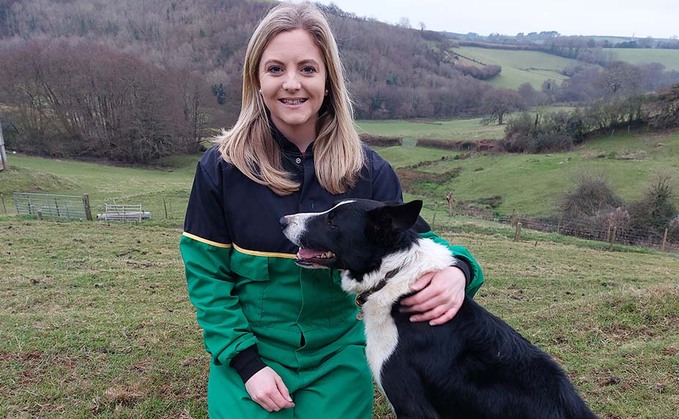
Having recently read through and advised on yet another Farm Business Tenancy (FBT), which, as sadly now seems to be the norm, has a short fixed term and reams of overly onerous and restrictive tenant...

Having recently read through and advised on yet another Farm Business Tenancy (FBT), which, as sadly now seems to be the norm, has a short fixed term and reams of overly onerous and restrictive tenant...
Former Royal Highland and Agricultural Society Of Scotland chair Alexander Keith Brooke, of Carscreugh Farm in Newton Stewart, died at Galloway Community Hospital on January 17
We Are Farming Minds founder says: 'With the situation in British agriculture the way it is, it is time to do something'
In a journey from Scotland to South England, Marie Stephenson will be milking 10,000 cows within ten days to raise money for farmers charity RABI